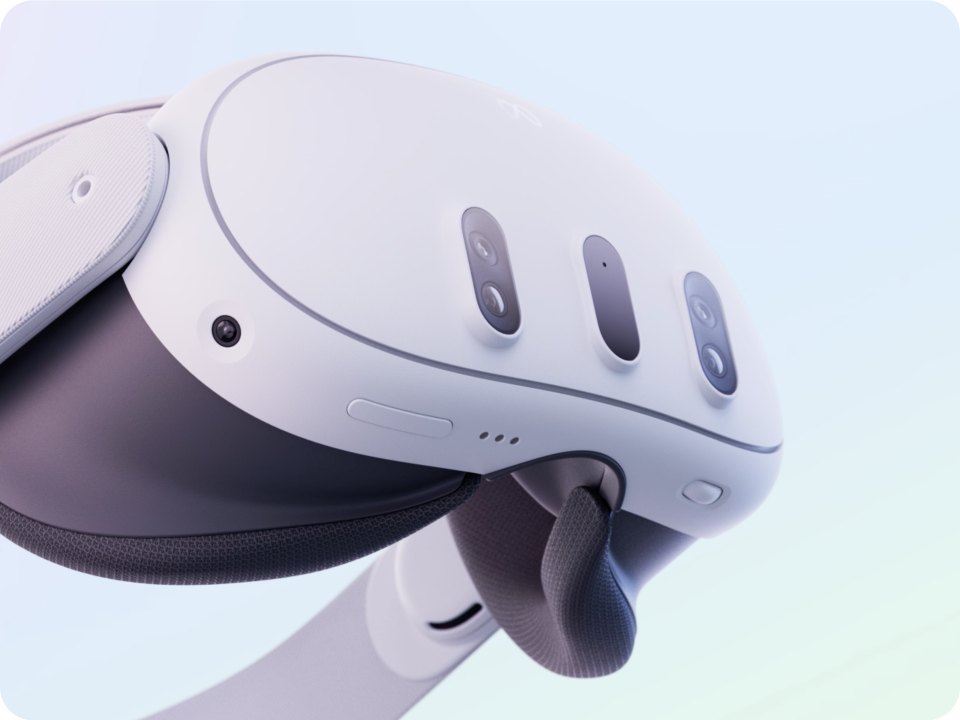

Meta Quest 3 Headset. Image credit Meta
Facebook parent Meta Platforms said it is opening up the platform behind the Meta Quest headset devices to third parties, in an effort to give the company a broader presence in the nascent market for virtual- and mixed-reality gadgets.
The plan builds on a rebrand of the Quest operating system as Meta Horizon OS and will see devices from Asus and Lenovo as well as a “limited edition” device with Microsoft Xbox branding.
“We’re working with leading global technology companies to create a new ecosystem of mixed reality devices, and we’re making it even easier for developers to build mixed reality apps,” Meta said.
The Asus device, under its Republic of Gamers brand, is to focus on performance and gaming, while Lenovo is to make headsets focused on productivity, education and entertainment, Meta said.
It said those two lines were under development and may take several years to turn into finished products.
On the developer end, Meta said it would begin lending increased visibility to the App Lab, a semi-hidden section of the Meta Horizon app store that allows developers to release experimental software on the platform.
“App Lab titles will soon be featured in a dedicated section of the store on all our devices, making them easy for larger audiences to discover,” Meta said.
On Meta-owned Instagram chief executive Mark Zuckerberg posted a video with previews of specialised headsets, such as one made for exercise with sweat-wicking materials or a fully immersive high-resolution device for entertainment and one equipped with haptic feedback for gaming.
The Xbox-branded device builds on a previous collaboration with Microsoft that allows Quest users to, for instance, use Word, Excel and PowerPoint in virtual reality.
Meta’s move underscores a climate of increased competition in the VR world, with Apple entering the space early this year with its $3,499 (£2,832) Vision Pro and Google reportedly developing an Android platform for VR and MR in collaboration with Samsung.
Google in 2019 abandoned an earlier initiative called Daydream that relied on a headset into which a compatible smartphone was inserted.
Sony sells PlayStation VR devices linked to a gaming console, but at CES 2024 in January also previewed a stand-alone mixed-reality headset co-developed with Siemens that is aimed at engineers and is intended as a competitor to Apple’s Vision Pro.
Deliveries of Telsa's 'bulletproof' Cybertruck are reportedly on hold, amid user complaints side trims are…
New feature reportedly being developed by Apple for iOS 19, that will allow AirPods to…
Binance BNB token rises after WSJ report the Trump family is in talks to secure…
After failed Amazon deal, iRobot warns there is “substantial doubt about the Company's ability to…
Community Notes testing across Facebook, Instagram and Threads to begin next week in US, using…